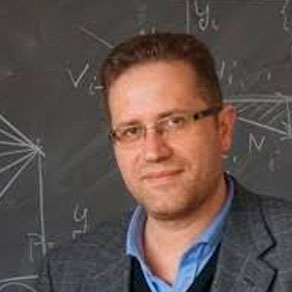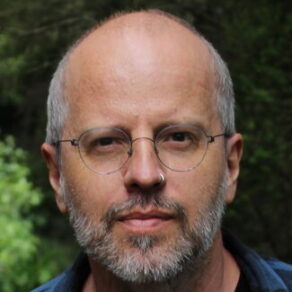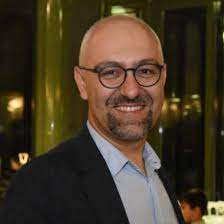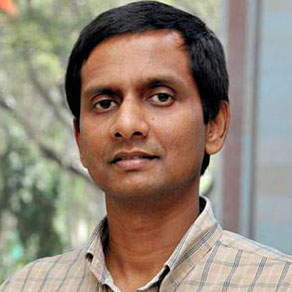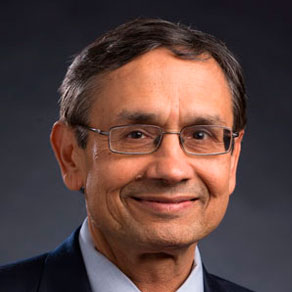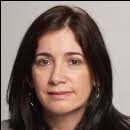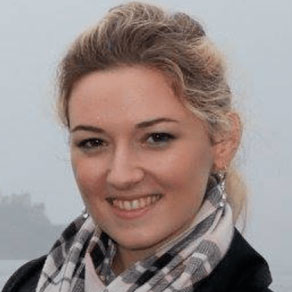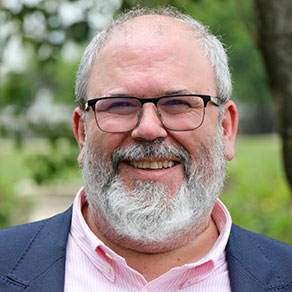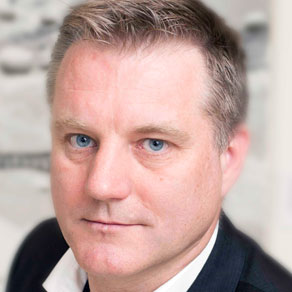
Sander Klous
How to Audit an Analysis on a Federative Data Exchange
Summary
An information systems audit is an examination of the management controls within an Information Technology and Data Analysis infrastructure. Although the process of producing such an assessment may involve an audit by an independent professional, its purpose is to provide a measurement rather than to express an opinion about the fairness of statements or quality of performance. Auditors consider the systems before them, obtain evidence, and evaluate the systems in their audit report. Audits provide third-party assurance to various stakeholders that the subject matter is free from material misstatement. Due to the increasing complexity, number of regulations and need for operational transparency, organizations are turning to risk-based audits. The evaluation of obtained evidence determines with a certain level of confidence if systems and applications are appropriate, efficient, and adequately controlled to ensure valid, reliable, timely, and secure input, processing, and output at all levels of a system’s activity. These results should be put in the broader context of safeguarding assets, maintaining integrity, and operating effectively to achieve the organization’s goals or objectives, including compliance with rules, regulations and agreements as required by law. In this lecture we will discuss what is needed from a technical, process, organizational, financial and risk management perspective to successfully pass an information systems audit, especially when an analysis is depending on the cooperation of a consortium of independently operating organizations.
Short bio
Sander is a professor in the Complex Cyber Infrastructures research group of the University of Amsterdam. He has written one of the most sold books on Big Data in the Netherlands, called “We are Big Data”. The book was the runner-up in the management book of the year awards in 2015. His main research interest is on making societal impact with data analysis, e.g. addressing topics like digital twins of cities and organizations, requiring data sharing and responsible AI. He is a fan of modular, agile and decentralized organizational structures as described in his other best-selling book “Building Trust in a Smart Society”. Feedback on Sander’s lectures of groups ranging from bachelor students to senior executives typically includes words like inspirational and motivational. Sander obtained a PhD in High Energy Physics and worked on a number of projects for CERN, world’s largest physics institute in Geneva. He received several grants and awards related to high performance distributed computing and was part of the ATLAS experiment that discovered the Higgs Boson in 2012 (Nobel Prize 2013). He is one of the authors of that publication.

